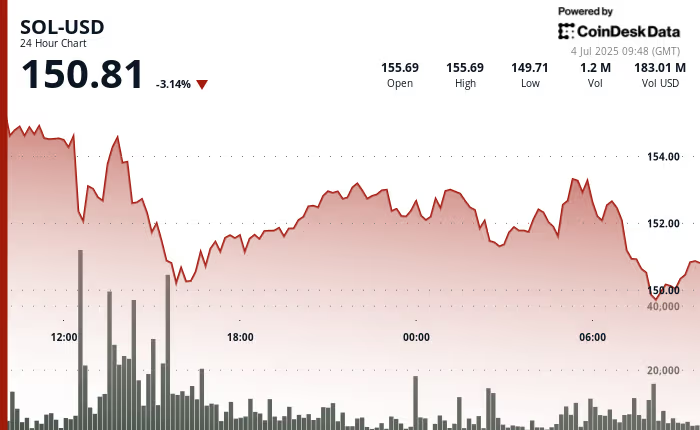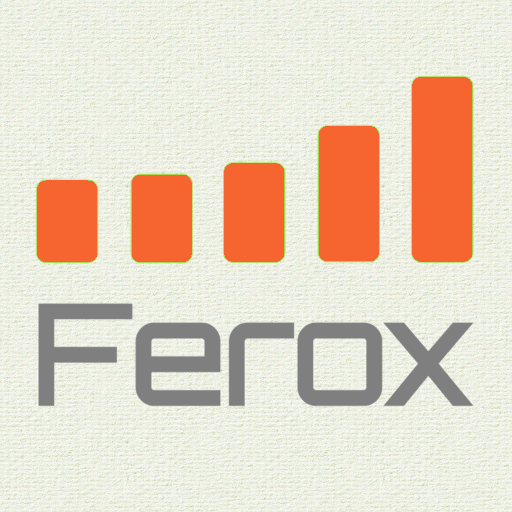Japan’s Minna Bank Launches Landmark Pilot With Solana and Fireblocks to Deploy Stablecoins

What’s happening?
Minna Bank—the first digitally native bank in Japan, backed by Fukuoka Financial Group—is spearheading a major pilot to integrate stablecoins and decentralized wallets into its core services. The initiative is in collaboration with Fireblocks, Solana Japan, and tech provider TIS, aiming to explore real-world blockchain use cases ranging from everyday payments and cross-border remittances to asset transactions.
Why now?
With the global stablecoin market surpassing $250 billion and Japan recognizing stablecoins as electronic payment instruments under updated regulations, this move aligns perfectly with the country’s push for fintech transformation. Minna Bank seeks to harness Solana’s high-speed, low-cost blockchain and Fireblocks’ secure custody infrastructure in an increasingly regulated environment.
Key Objectives:
- Issue and pilot a Yen-pegged stablecoin on Solana.
- Launch Web3-compatible digital wallets to streamline user payments and digital asset management.
- Reduce friction in cross-border transfers, treasury operations, and asset settlement.
Voices from leadership:
Stephen Richardson, Chief Strategy Officer at Fireblocks, emphasized this collaboration’s strategic significance for Japan, stating that stablecoins “have the potential to streamline international money movement,” especially vital for a nation with a heavy trade focus.
What makes Solana & Fireblocks compelling:
- Solana: With block confirmation times under 0.5 seconds and sub‑cent transaction fees, it’s tailored for high-throughput, consumer-centric financial applications.
- Fireblocks: A proven MPC-based infrastructure provider, having secured over $6 trillion in digital asset transfers and partnered with major financial institutions worldwide.
Challenges & regulatory landscape:
Japan’s revised Payment Services Act (June 2023) officially recognizes stablecoins, yet institutions must navigate licensing, custody, AML/KYC compliance, and maintain clear reserves—legal complexities that Minna Bank and partners must address head-on.
Market impact:
Successful outcomes could reshape Japan’s financial fabric—accelerating Web3 wallet adoption, refining competitive cross-border payment systems, and positioning Japanese financial institutions at the forefront of global tokenized asset innovation.
What’s next?
- Completion of technical feasibility studies through H2 2025.
- Gradual rollout of pilot wallets and stablecoin issuance.
- Regulatory coordination with Japan’s Financial Services Agency to ensure legal compliance.
- Potential expansion to cover trade finance, tokenized bonds/assets, and retail payments.
Bottom line:
Minna Bank’s pilot represents a bold leap into mainstream stablecoin adoption—melding blockchain performance, institutional-grade security, and regulatory readiness. Its results could define how banks worldwide approach tokenized finance in the coming years.





